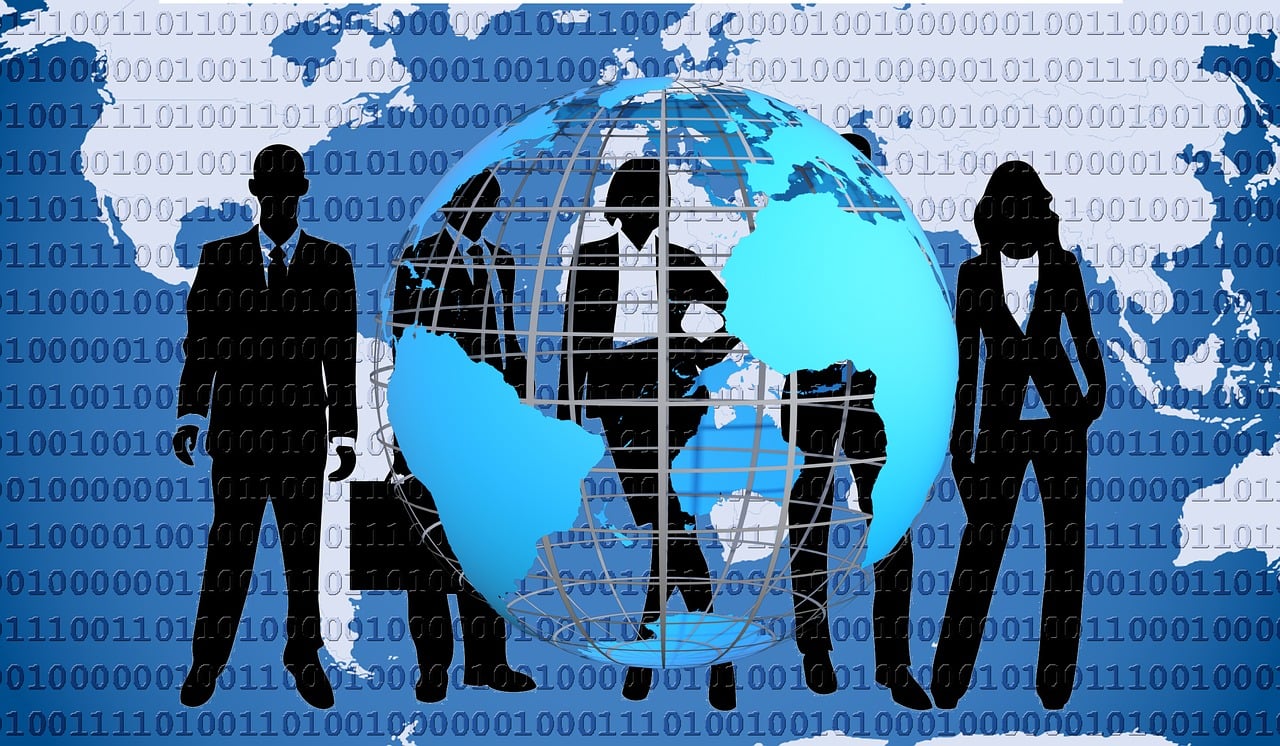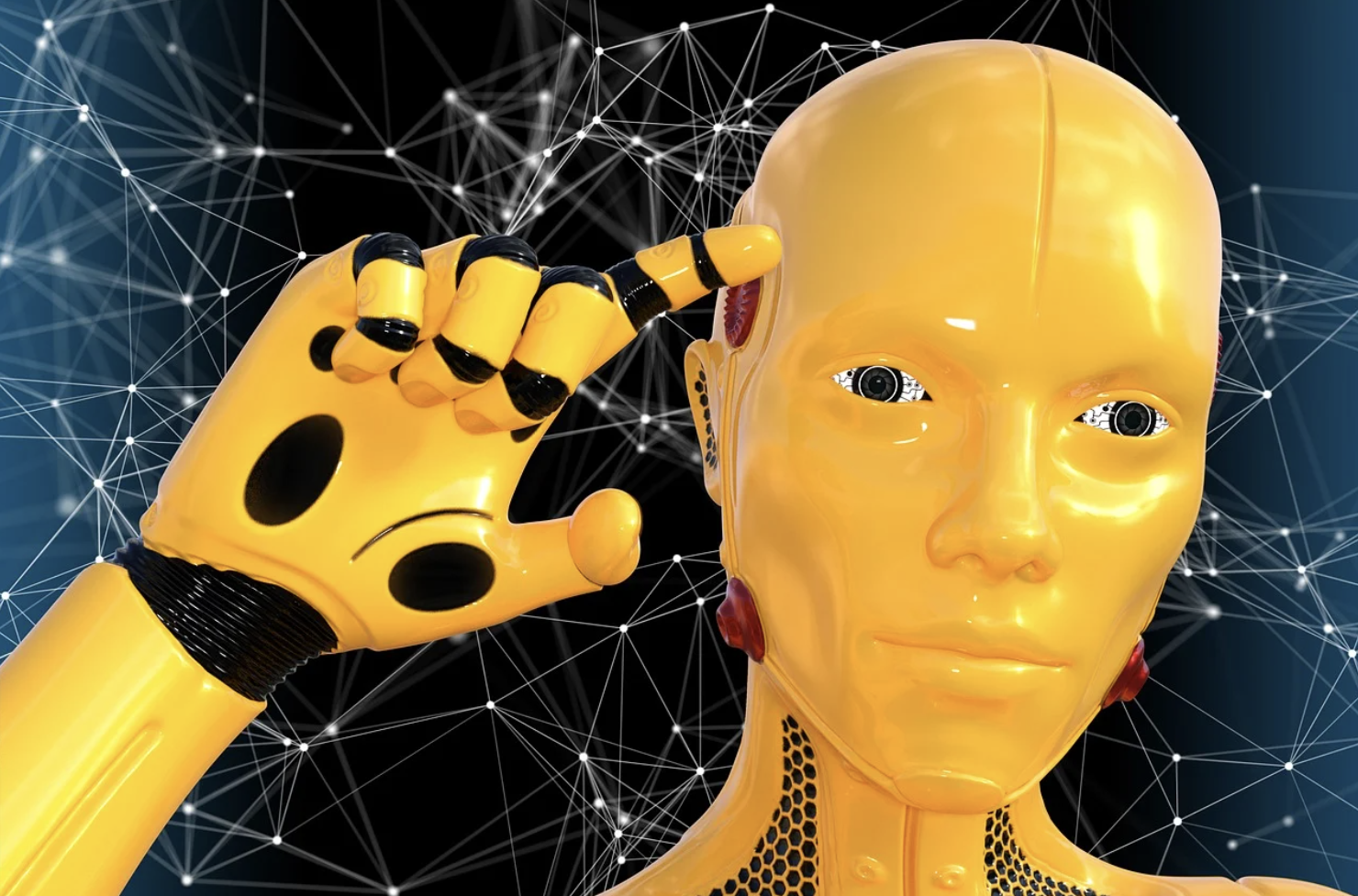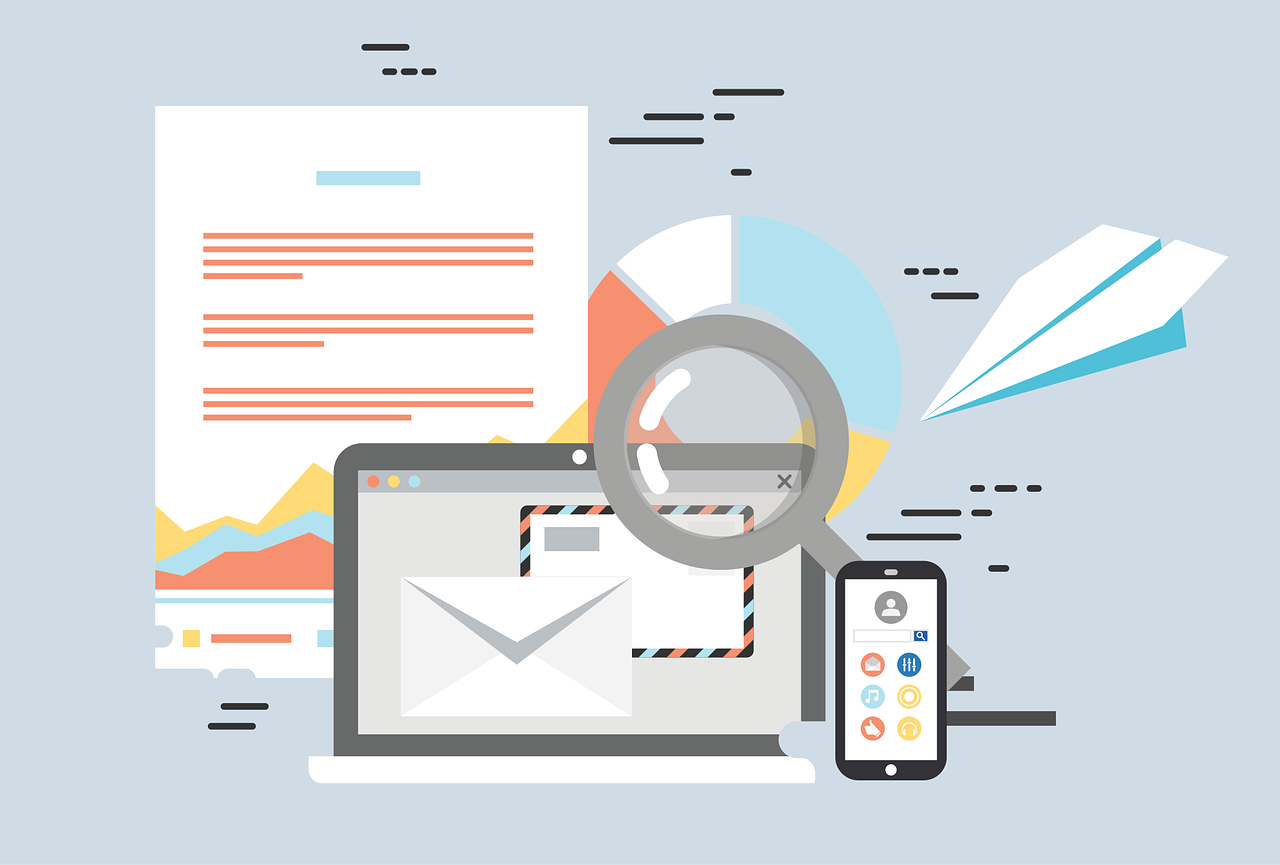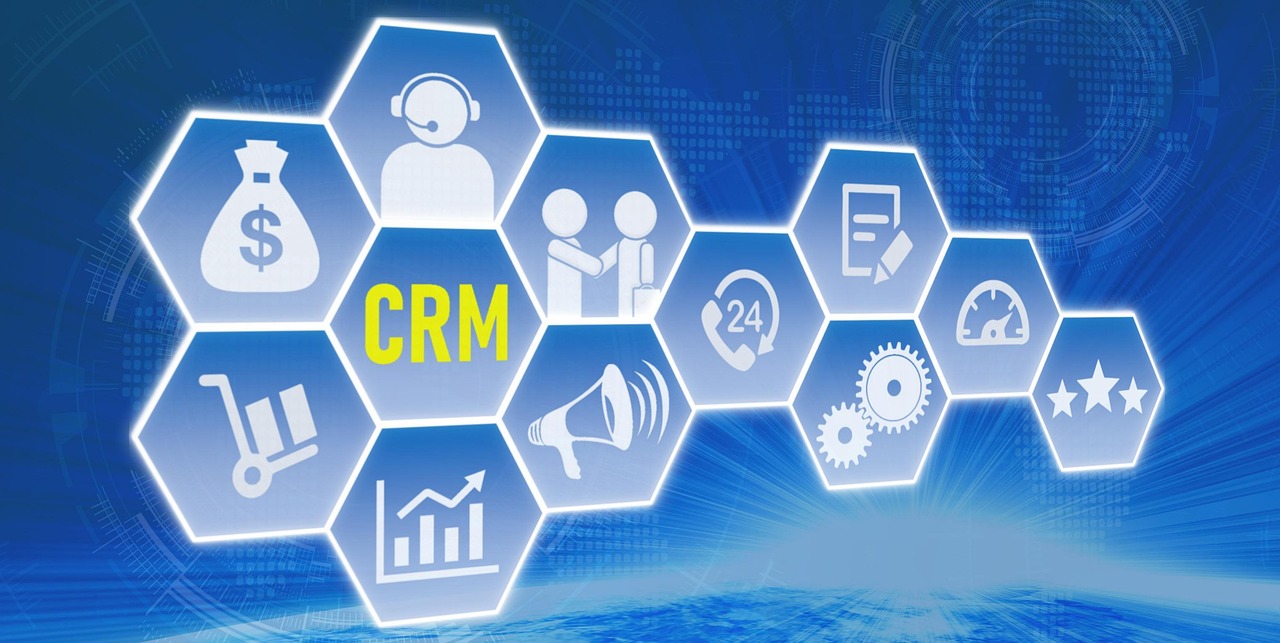Futuristic businesses that may evolve in the coming two decades
The pace of change in the technology sector has always been fast. According to research, it is predicted that more technological progress would be experienced in the coming decades than what happened in the preceding 100 years put together. Any change can be unsettling and keeping pace with developments even more so. Part of the challenge is knowing which are the most significant changes and which are the ones that are less likely to bear fruit.
Some industries are most likely to feature prominently in the changing face of the modern workplace. Understanding the impact these tech trends would have on organisations and on the people whose jobs will be affected, could be key to avoiding any of the worst downsides of the disruption that may follow.
For business leaders looking for business opportunities to start a business startup, foraying into industries that have a promising future should be beneficial. A few of the futuristic businesses that may evolve in the next two decades are as follows:
- Applied Artificial Intelligence (AI) – AI is one of the biggest tech trends. The world is still only in the early days of the development of AI. As the technology becomes more sophisticated, it will be applied to further develop tech-based tools, such as training machines to recognize patterns, and then act upon what it has detected. By 2024, AI-generated speech would be behind more than 50% of people’s interactions with computers. Companies are still searching for ways to use AI effectively though.
- Bio Revolution – Bio Revolution is a confluence of advances in biological science that promises a significant impact on economies and people’s lives and would affect industries from health and agriculture to consumer goods, energy and materials.
Propelled by AI, automation and DNA sequencing, the bio revolution promises the development of gene therapies, hyper-personalised medicines and genetics-based guidance on food and exercise. These tech trends would create new markets and opportunities but would also raise some important ethical questions. Organisations need to assess their bQ or biological quotient – the extent to which they understand biological science and its implications. They should then sort out the resources they need to allocate to biological technologies and capabilities and whether to integrate those into their existing R&D or partner with science-based start-ups.
- Clean Energy – A clean energy revolution is taking place across the globe, underscored by the steady expansion of the renewable energy sector. The clean energy industry generates hundreds of billions in economic activity and is expected to continue to grow rapidly in the coming years. There is tremendous economic opportunity for the countries that invent, manufacture and export clean energy technologies. Responsible development of all of the rich energy resources — including solar, wind, water, geothermal, bioenergy & nuclear — would help ensure countries’ leadership in clean energy. Moving forward, the Energy Department would continue to drive strategic investments in the transition to a cleaner, domestic and more secure energy future.
- Genetic engineering – Genetic engineering has applications in medicine, research, industry and agriculture and can be used on a wide range of plants, animals and microorganisms. Bacteria, the first organisms to be genetically modified, can have plasmid DNA inserted containing new genes that code for medicines or enzymes that process food and other substrates. Plants have been modified for insect protection, herbicide resistance, virus resistance, enhanced nutrition, tolerance to environmental pressures and the production of edible vaccines. Most commercialised GMOs are insect-resistant or herbicide-tolerant crop plants. Genetically modified animals have been used for research, model animals and the production of agricultural or pharmaceutical products. Genetically modified animals include animals with genes knocked out, increased susceptibility to disease, hormones for extra growth and the ability to express proteins in their milk.
Biology is being recognized as another form of readable, writable, and hackable information technology with we humans as the coders.
The impact of genetic engineering is being first experienced in healthcare. Gene therapies including those extracting, re-engineering, and then reintroducing a person’s cells enhanced into cancer-fighting supercells are already performing miracles in clinical trials. Thousands of applications have already been submitted to regulators across the globe for trials using gene therapies to address a host of other diseases.
Recently, the first gene editing of cells inside a person’s body was deployed to treat the genetically relatively simple metabolic disorder Hunter syndrome, with many more applications to come. These new approaches are only the very first steps in the shift from the current system of generalised medicine based on population averages to precision medicine based on each patient’s individual biology to predictive medicine based on AI-generated estimations of a person’s future health state.
- Machine Learning – Machine learning addresses the question of how to build computers that improve automatically through experience. At present, it is one of the most rapidly growing technical fields, lying at the intersection of computer science and statistics, and at the core of artificial intelligence and data science. Recent progress in machine learning has been driven both by the development of new learning algorithms and theory and by the ongoing explosion in the availability of online data and low-cost computation. The adoption of data-intensive machine-learning methods can be found throughout science, technology and commerce, leading to more evidence-based decision-making across many walks of life, including health care, manufacturing, education, financial modelling, policing, and marketing.
Machine learning solutions continue to incorporate changes into businesses’ core processes and are becoming more prevalent in daily lives. The global machine learning market is predicted to grow from $8.43 billion in 2019 to $117.19 billion by 2027.
- Internet of Things – The future of the Internet of Things (IoT) has the potential to be limitless. Advances to the industrial internet will be accelerated through increased network agility, integrated artificial intelligence (AI) and the capacity to deploy, automate, orchestrate and secure diverse use cases at hyper-scale. The potential is not just in enabling billions of devices simultaneously but in leveraging the huge volumes of actionable data which can automate diverse business processes. As networks and IoT platforms evolve to overcome these challenges, through increased capacity and AI, service providers will edge furthermore into IT and web-scale markets – opening entire new streams of revenue.
- Sustainability – In recent years among the environmental community, a parallel vision of the future has emerged. Almost everyone, from CEOs of progressively minded companies to activists on the street, is talking about building a more sustainable future.
Companies which develop stellar sustainability practices now will be more resilient in the future. They will be more attractive to consumers, recruits, and investors – which will directly affect their bottom line. The new legislation will also be less likely to impact sustainable businesses, along with Internet activism and protests. Therefore, today’s sustainable businesses are likely to become tomorrow’s industry leaders. Indeed, failing to address global issues such as climate change and slavery may ultimately be to a business’ detriment. All companies have an opportunity to make some significant sustainable changes in their organisation. To create a better future – for all.
- Cyber Security: Cloud computing – The one aspect of IT that has experienced the maximum growth in the last 10 years is undoubtedly the use of the cloud. In the coming decades, it can only be expected that cloud computing can only keep blazing forward.
How prominent the use of passwords would be or how the position of the cloud will be in the coming future might be up for debate, but the key role that AI will play in cybersecurity is something that can be vouched for.AI will be the catalyst in determining whether the industry can keep up with the threat actor community.
Much like AI, data breaches are expected to be more prevalent in the coming years than they are now — which is both unfortunate and scary. As more data and devices appear online, the risk of a breach only grows.
- Nano Technology – Nanotechnology is an emerging science which is expected to have rapid and strong future developments. It is predicted to contribute significantly to economic growth and job creation in the coming decades.
In the next 20 years, nano-technology will touch the lives of nearly every person on the planet. The potential benefits are humongous and brain-enhancing. But like many of the great advancements in earth’s history, it is not without risk
In the future, nanotechnology might help us make electrical lines, solar cells, and biofuels more efficient, and make nuclear reactors safer. Nanotechnology might lead to huge advances in health care, improving methods for detecting and treating diseases like cancer.
- Virtual Reality – Virtual Reality (VR) is set to see significant growth in the next ten years, with researchers estimating it will become a $51 billion (€44bn) industry by 2030. The VR market remains heavily oriented around gaming, but VR is gaining traction in areas such as social media and live streaming. It is expected of enterprises to become the key market for VR over the next three years, outpacing the consumer segment. VR is already in use across the retail, defence, airlines, oil and gas, and healthcare industries – primarily for training purposes. However, the Covid-19 pandemic triggered a shift to remote working that has boosted the adoption of VR by enterprises not just for training, but for collaboration, data visualisation and customer experience.
Please read more about Ande’s thought leadership on Future Businesses and the top 10 technologies that would prevail in our future times.
Bio Revolution | Genetic Engineering | Clean Energy | Virtual Reality | Sustainability | Nano Technology | Machine Learning | Internet of Things (IoT) | Artificial Intelligence | Cyber Security & Cloud Computing








